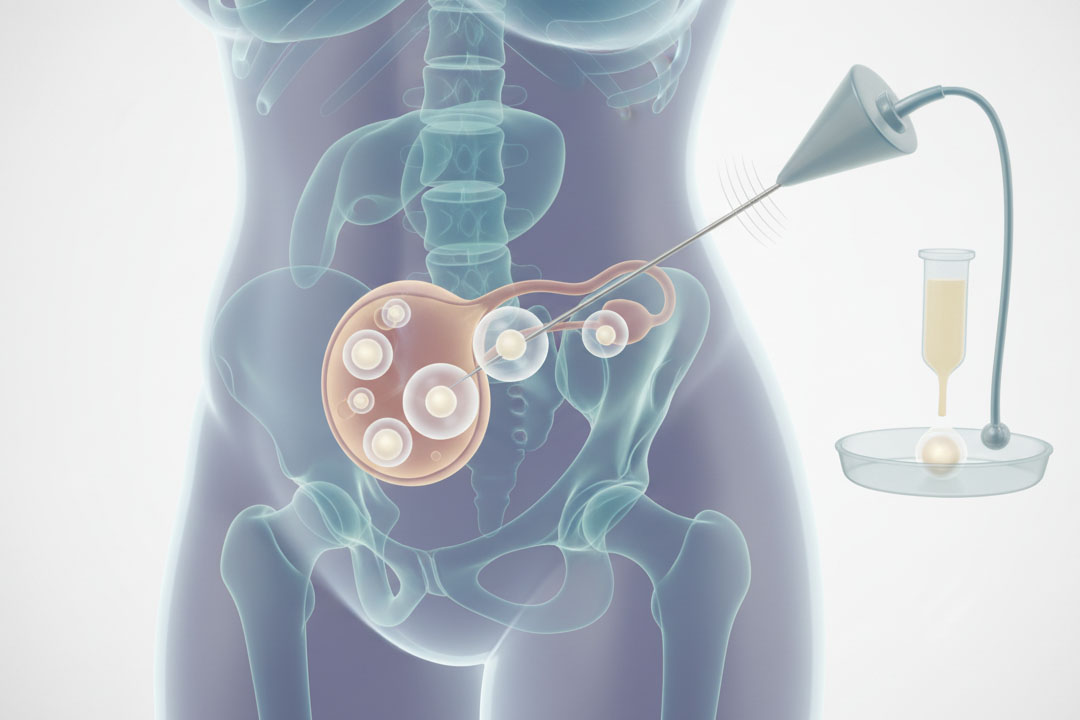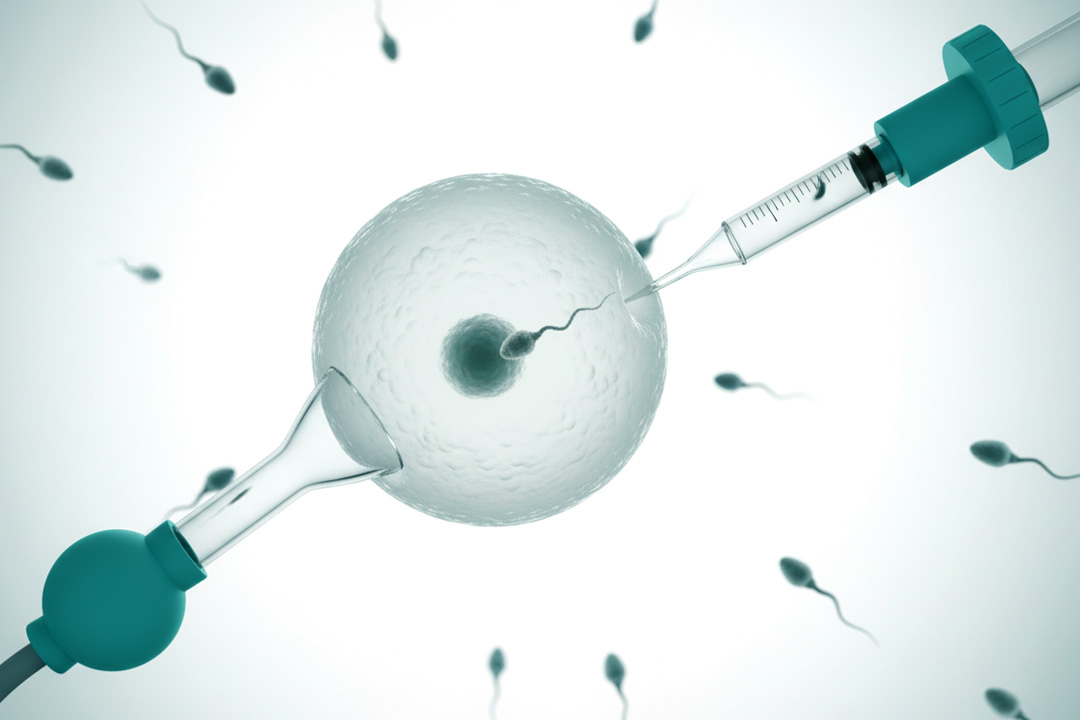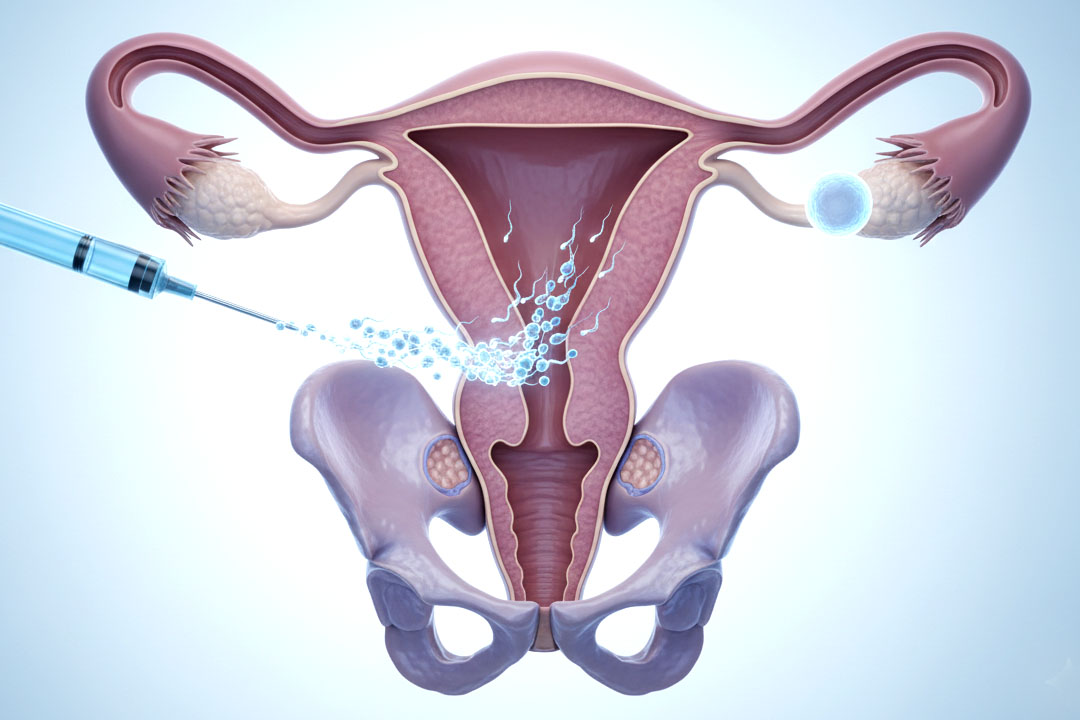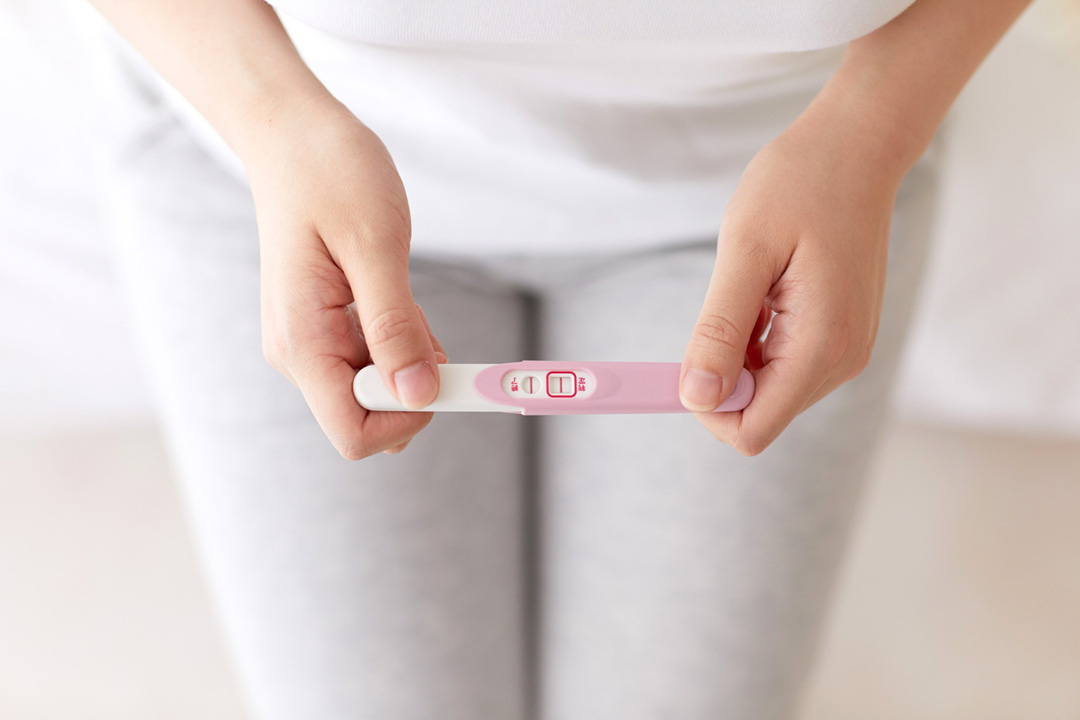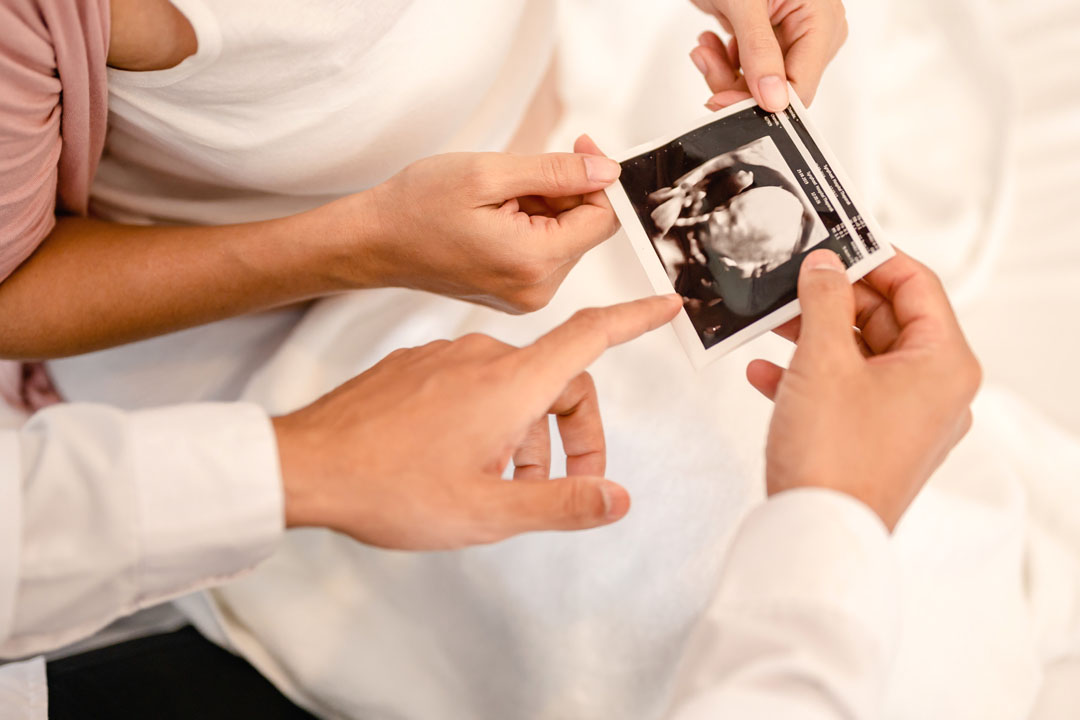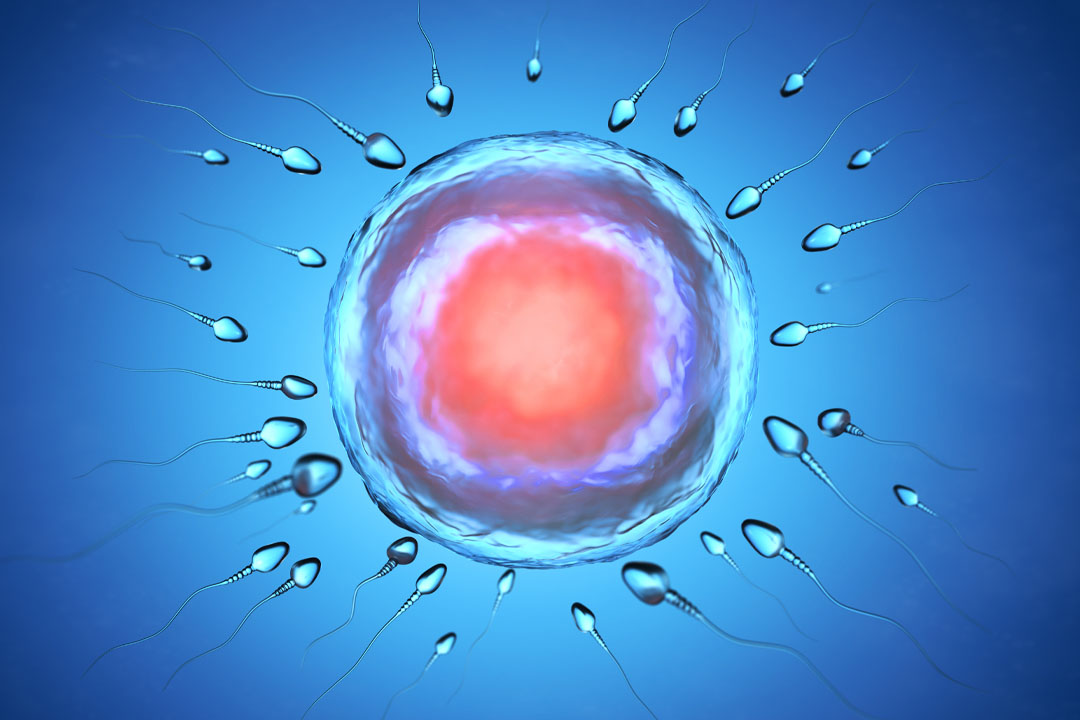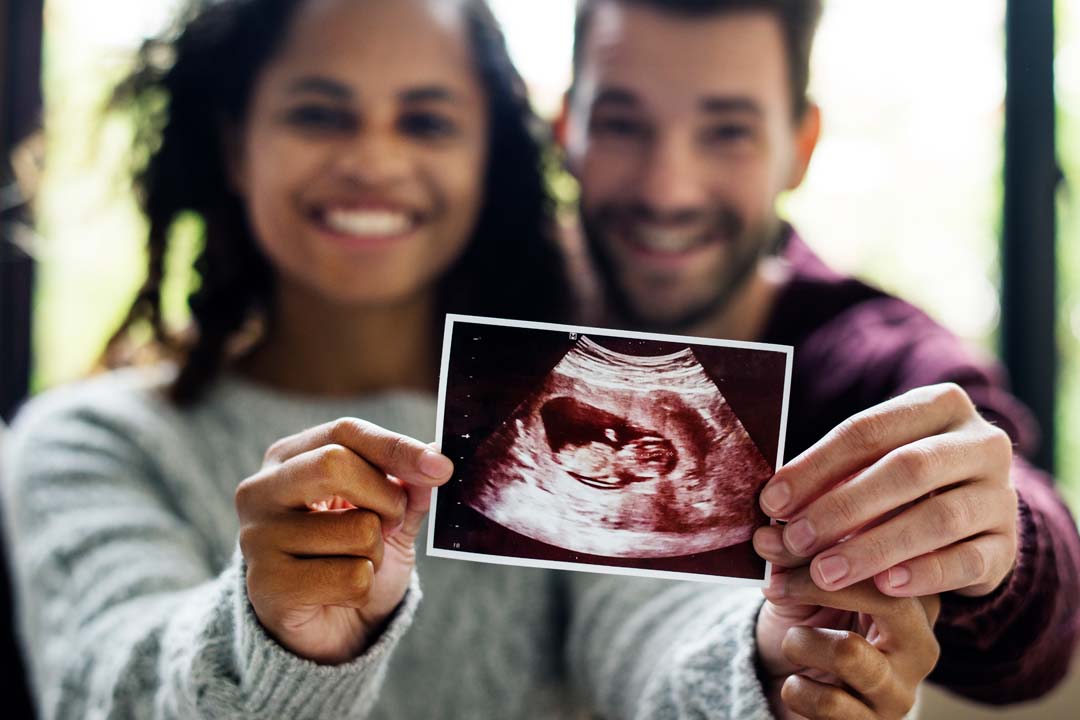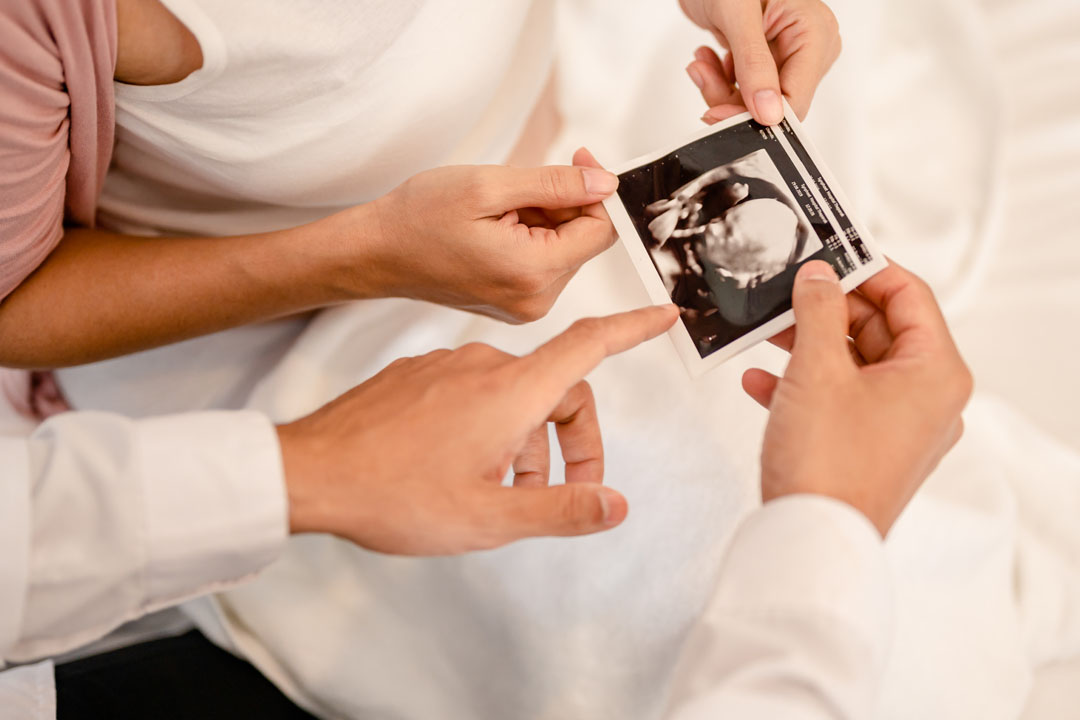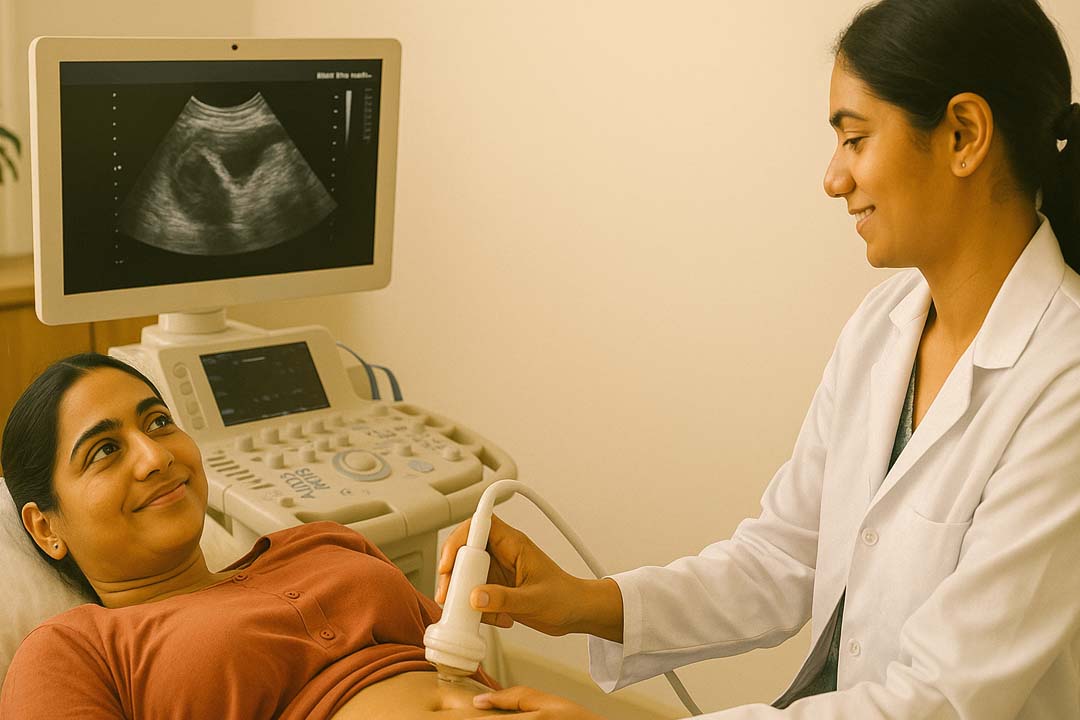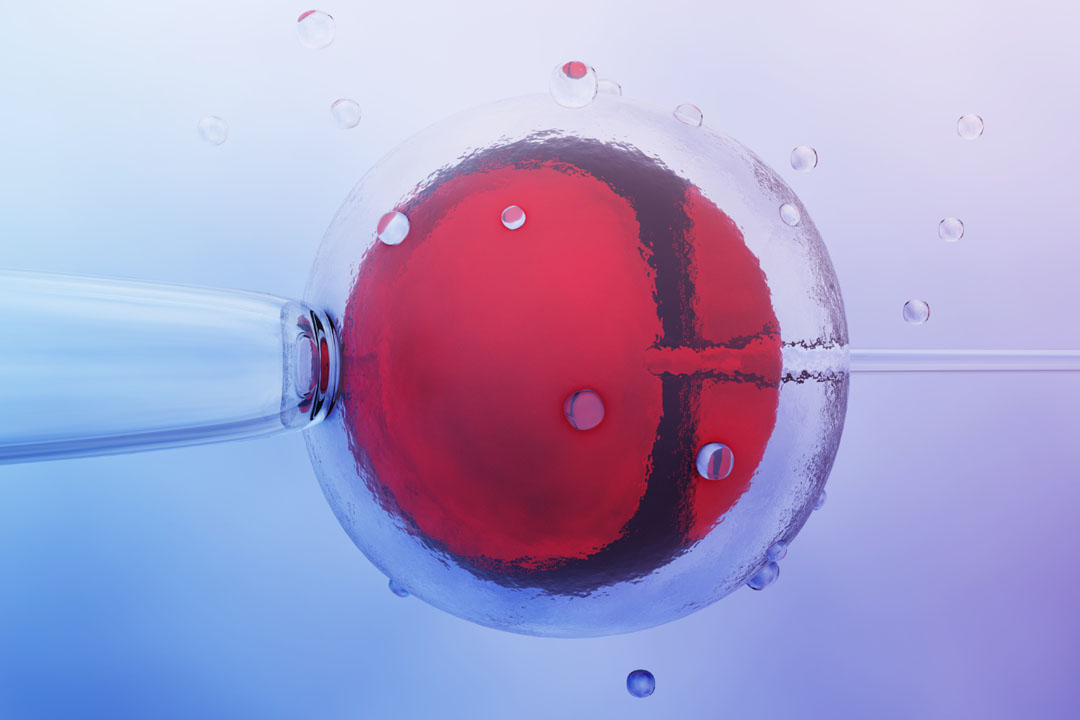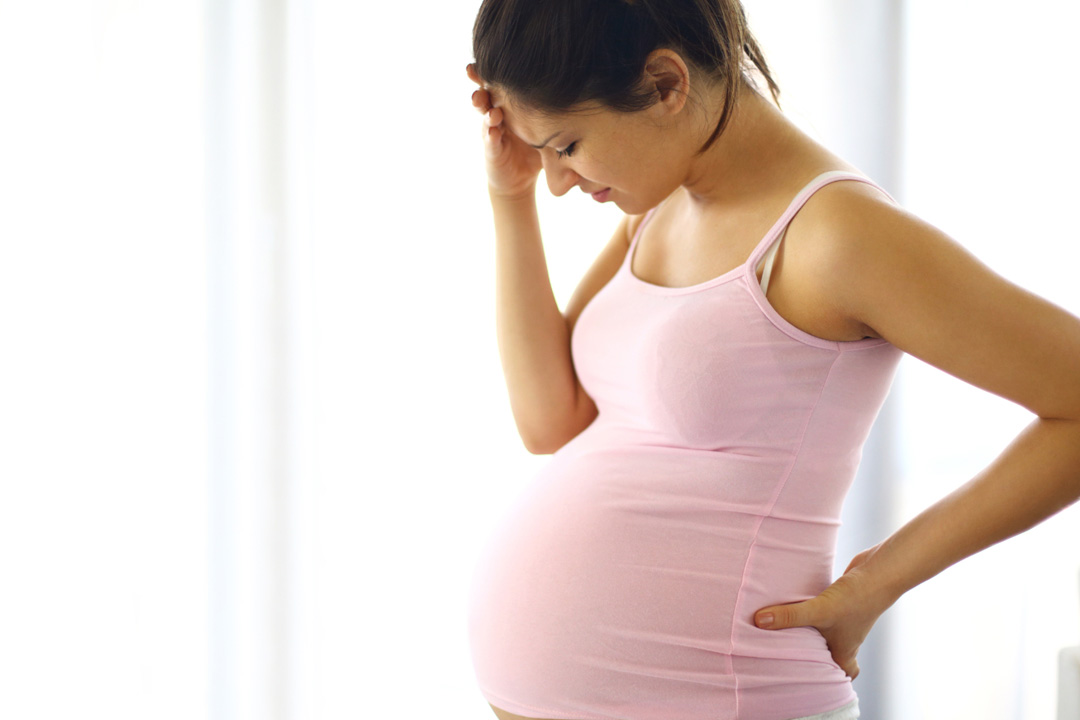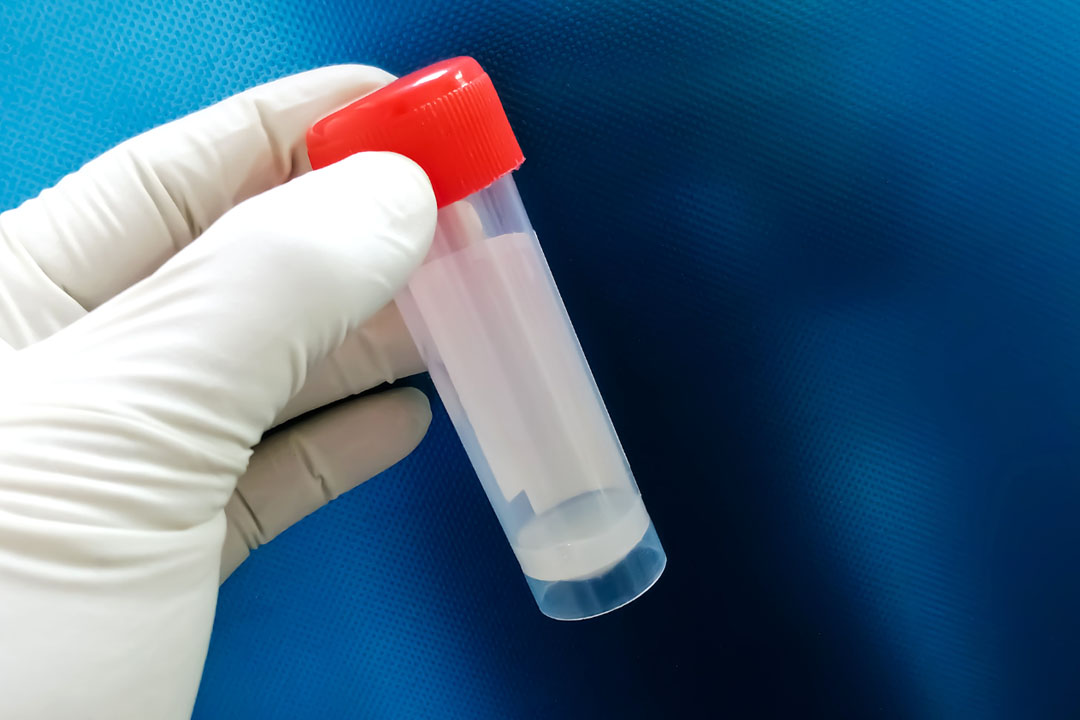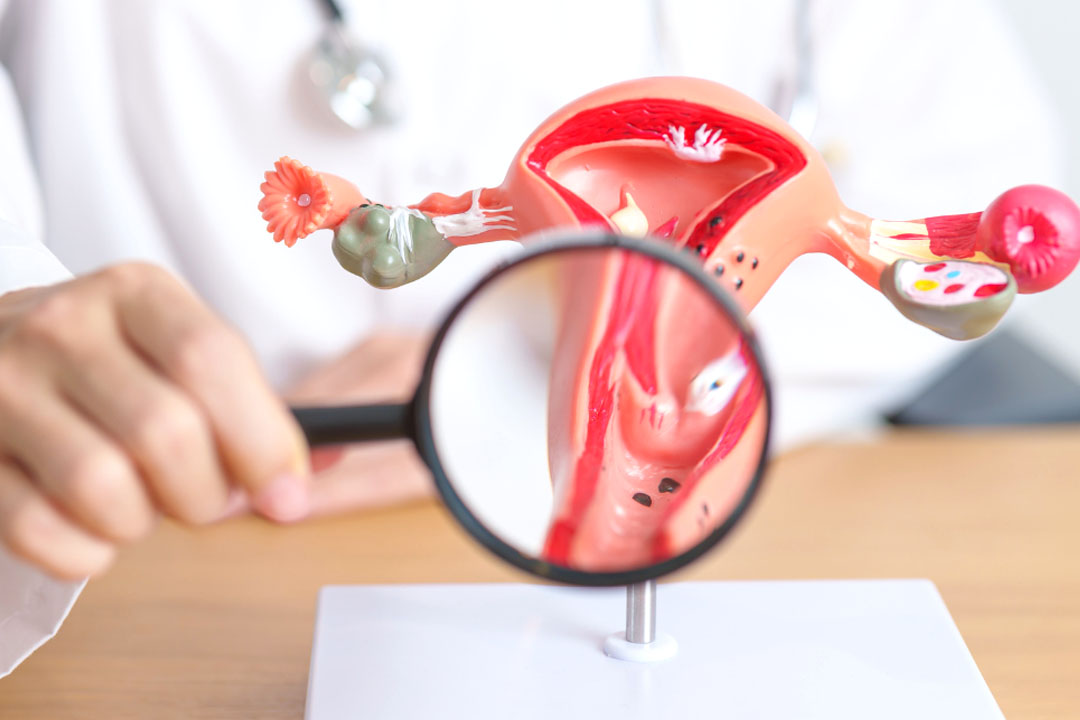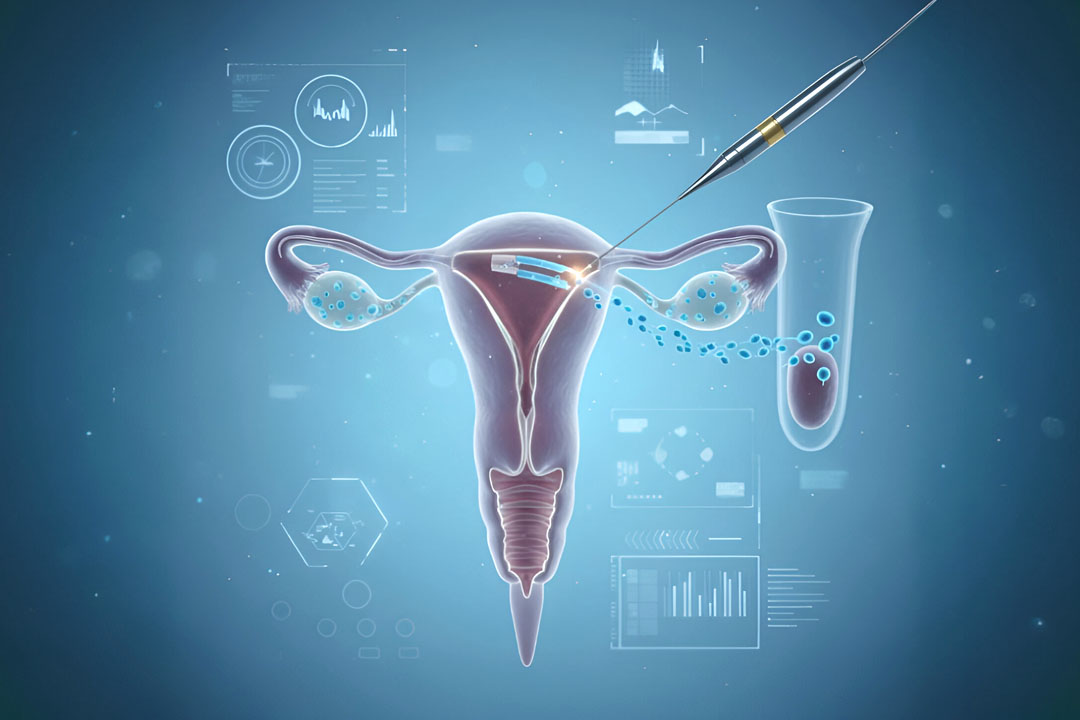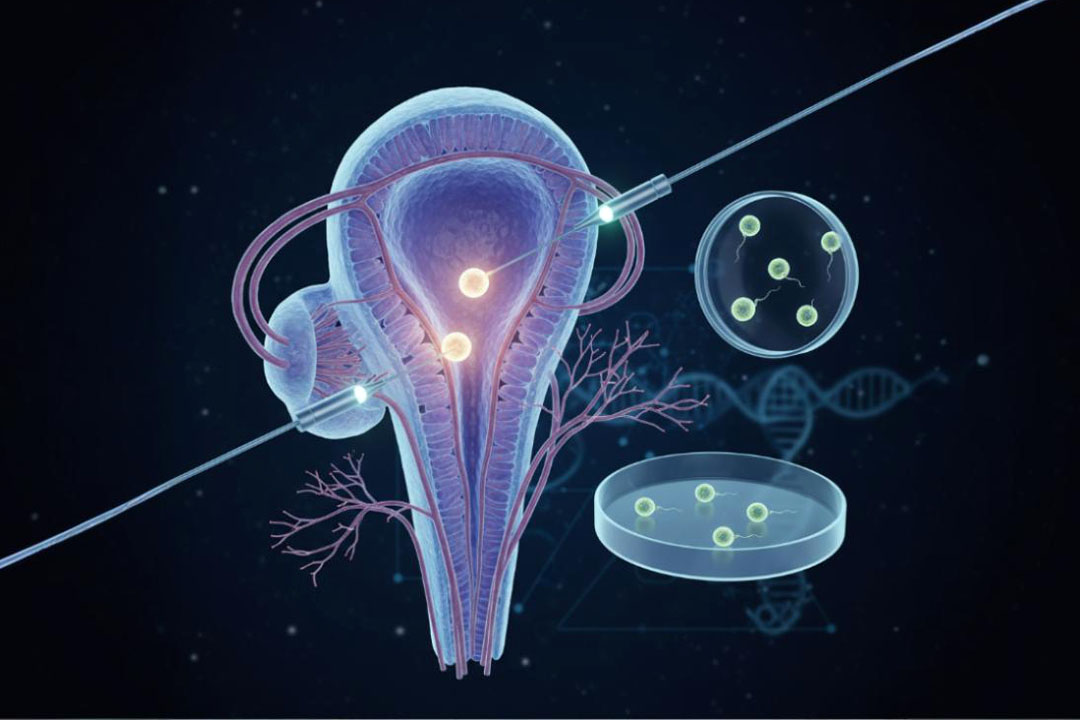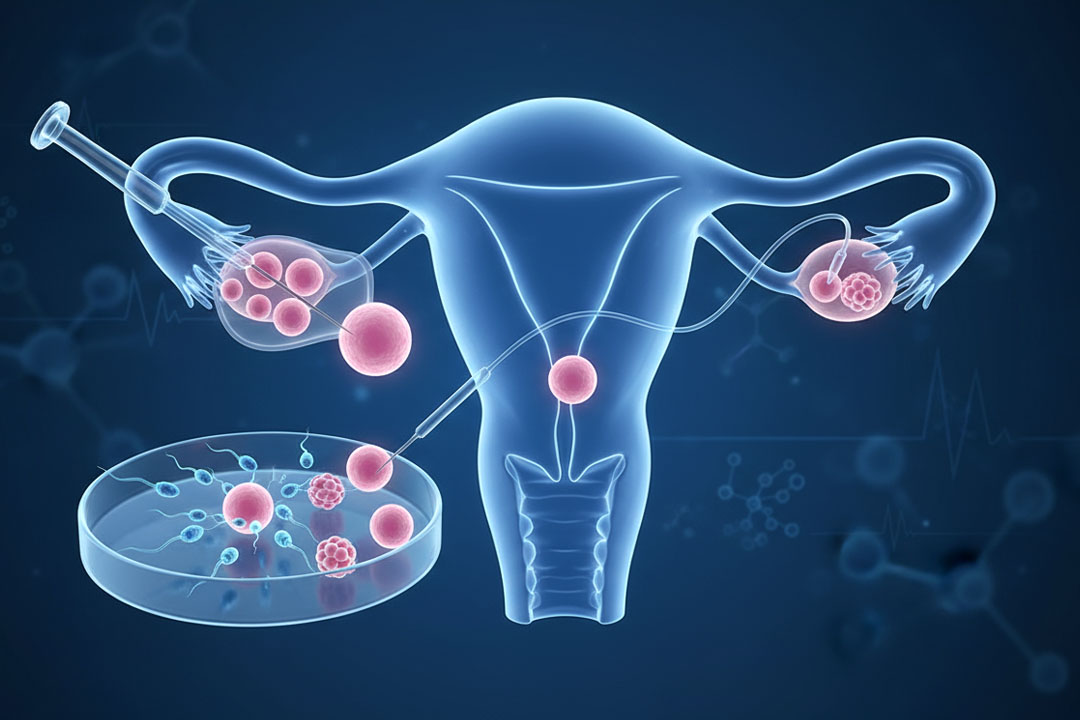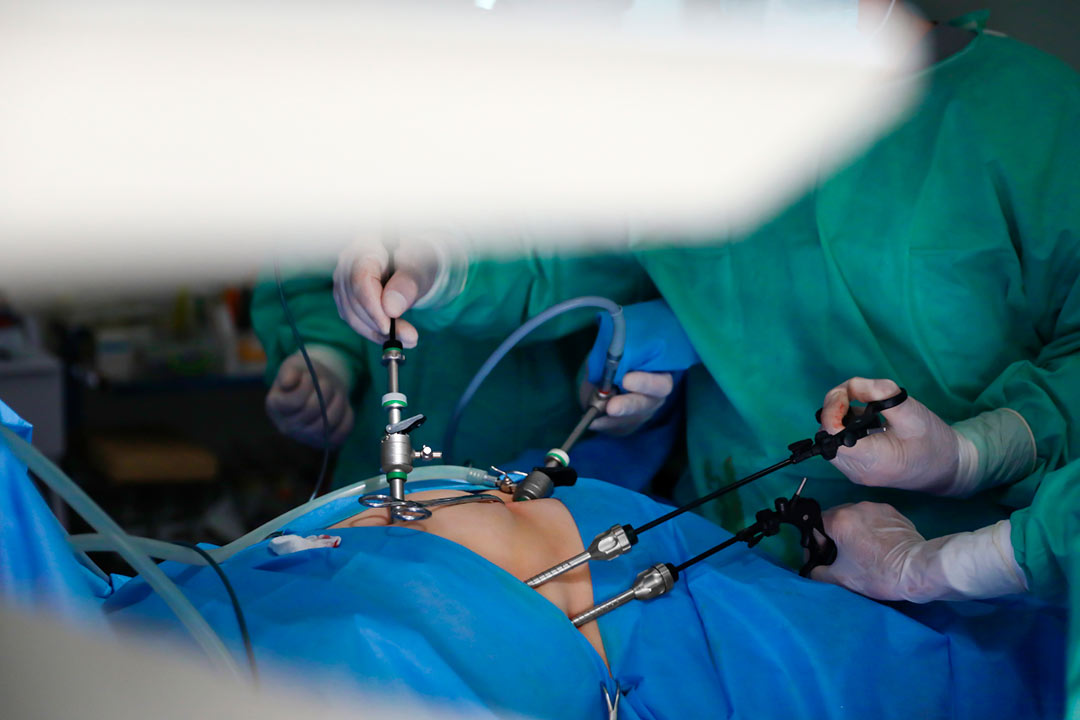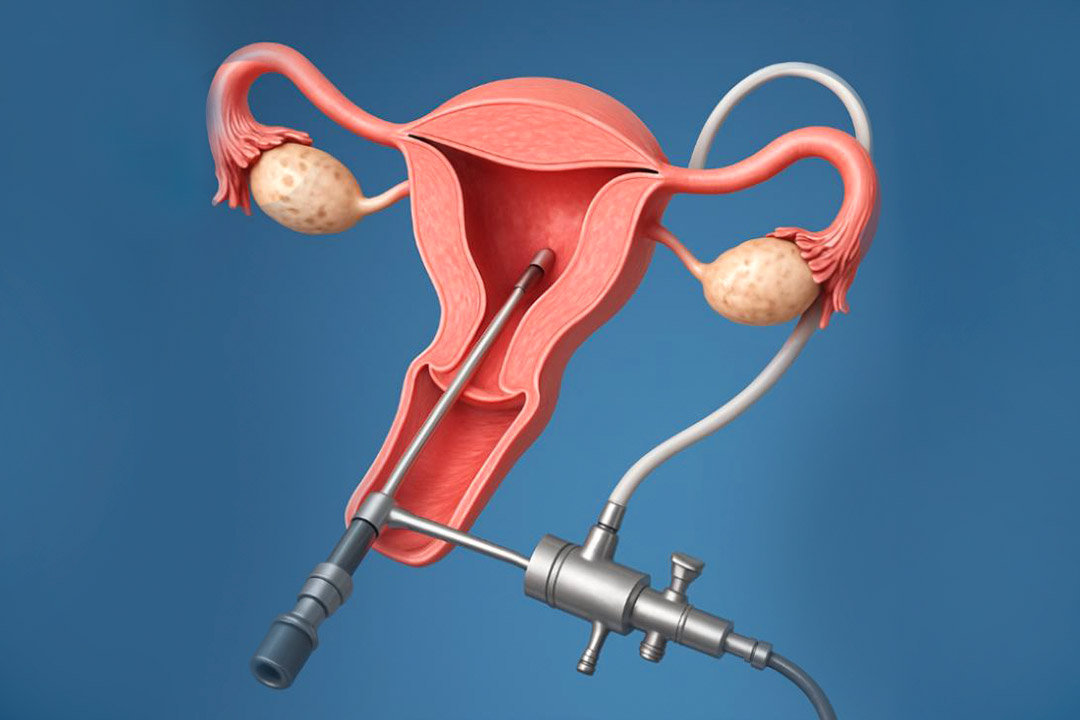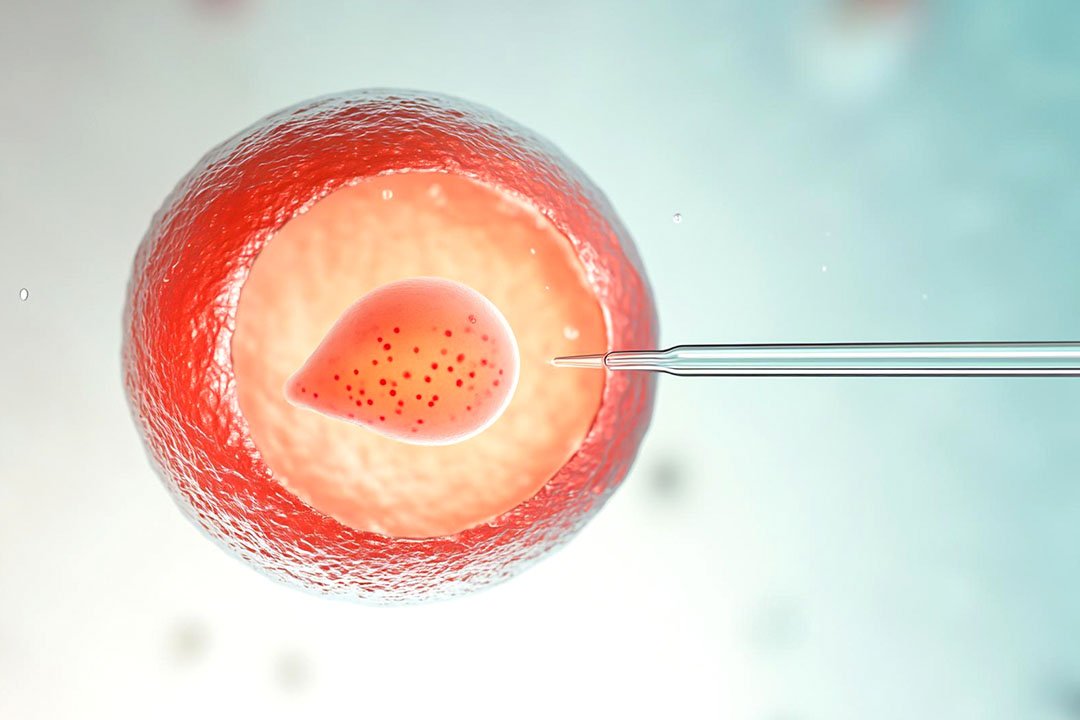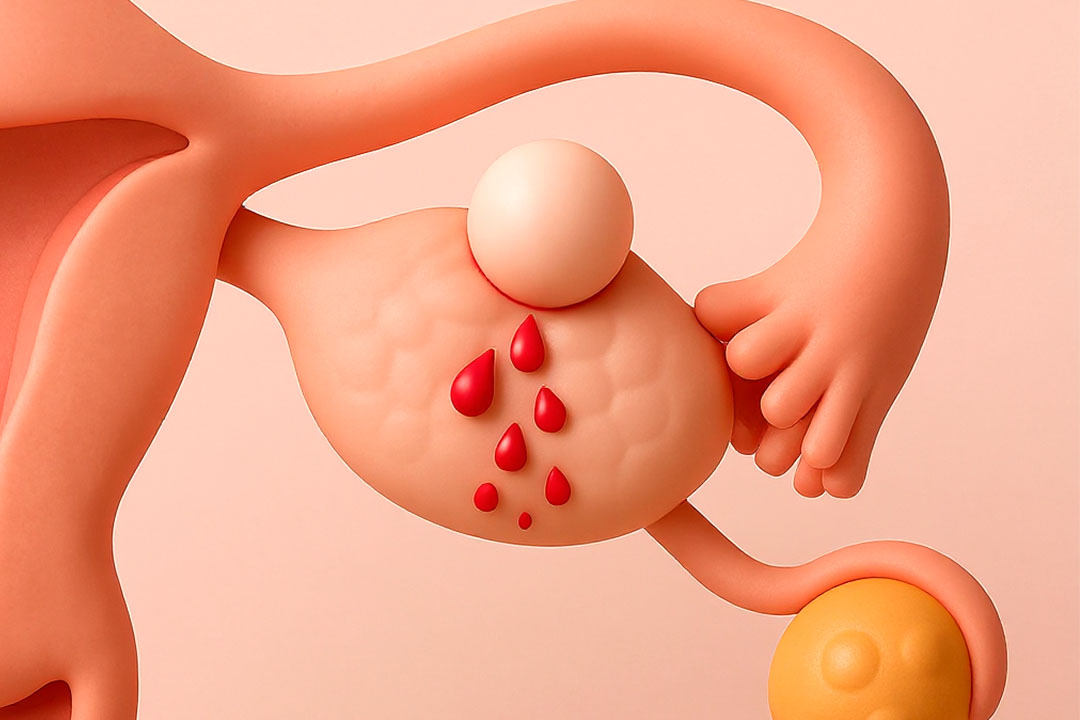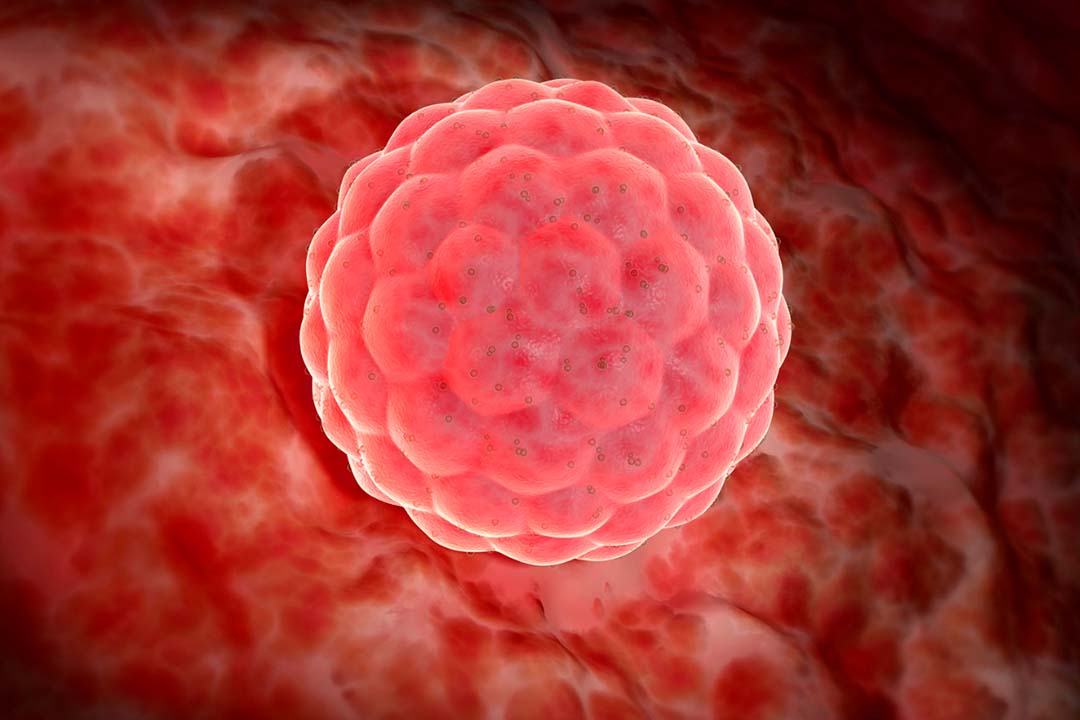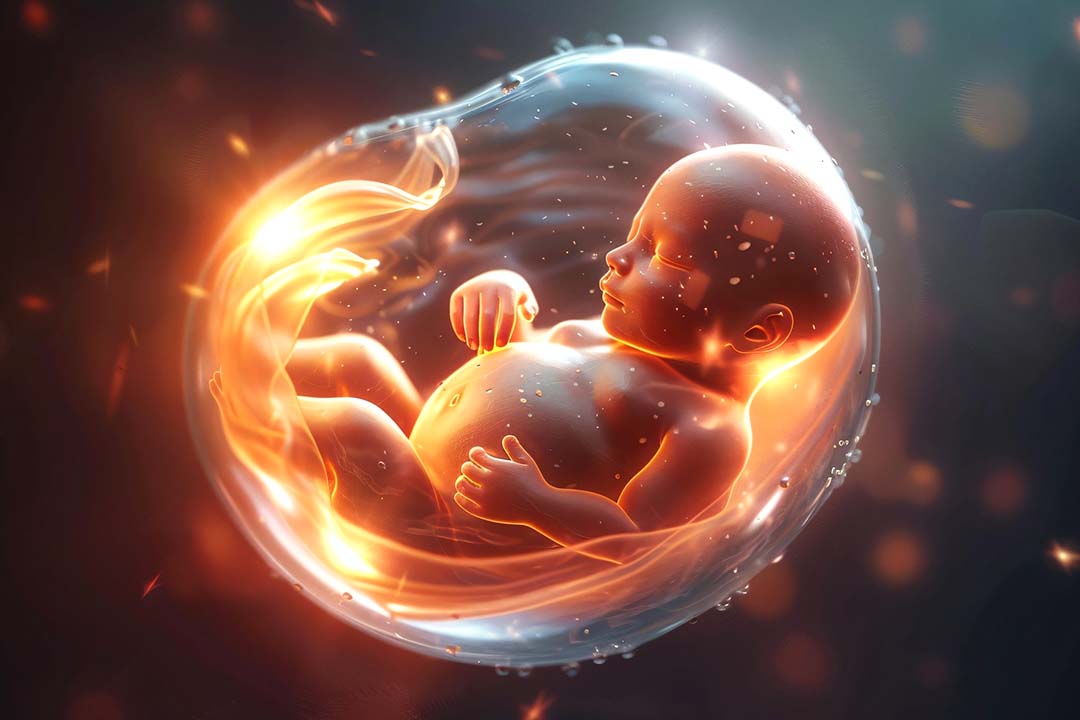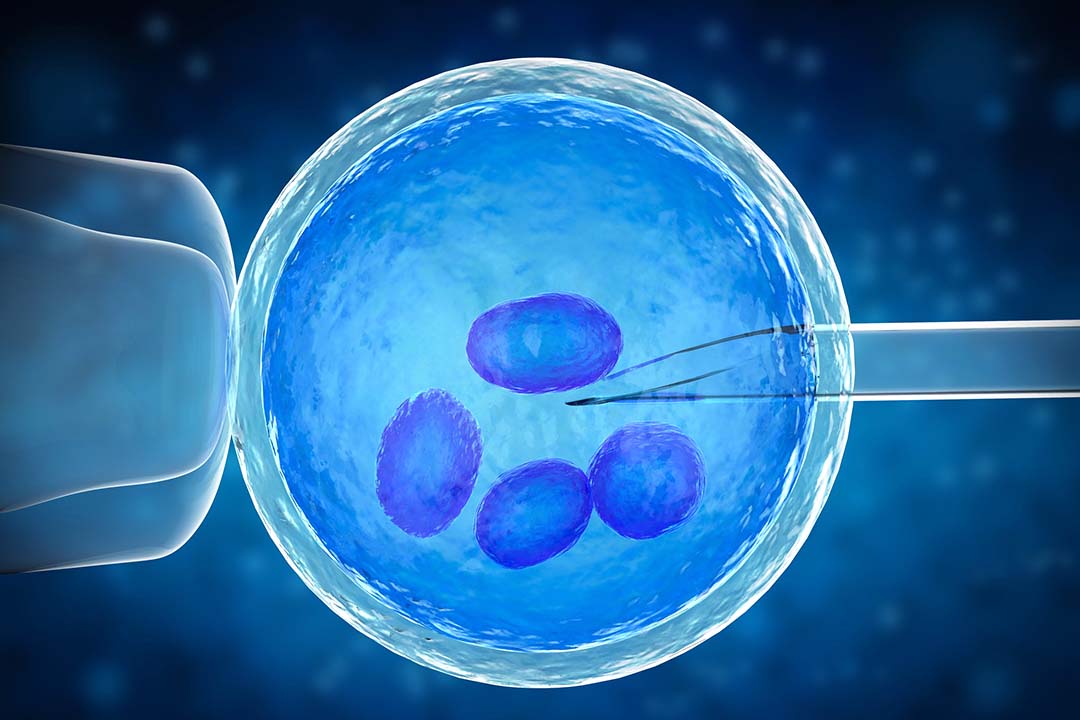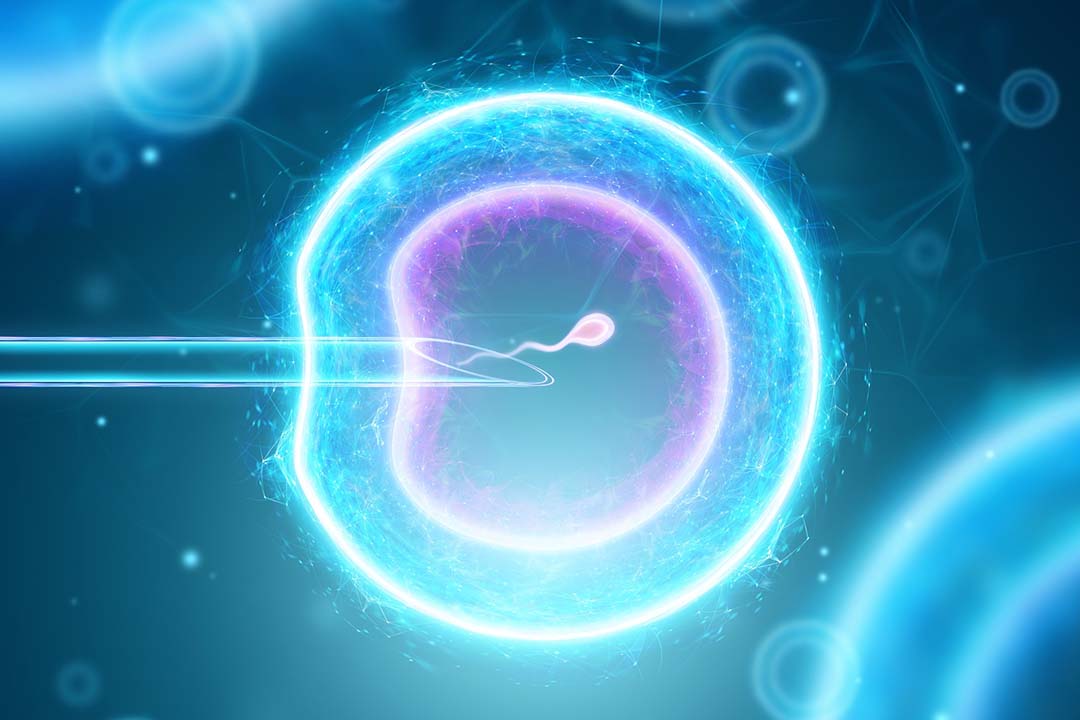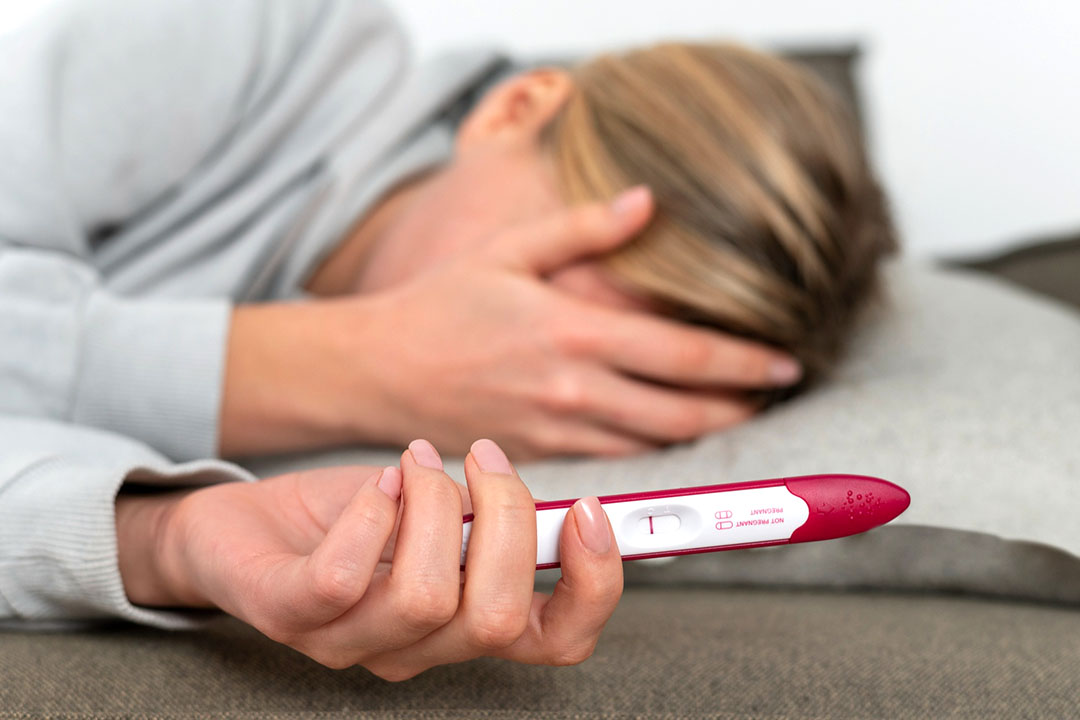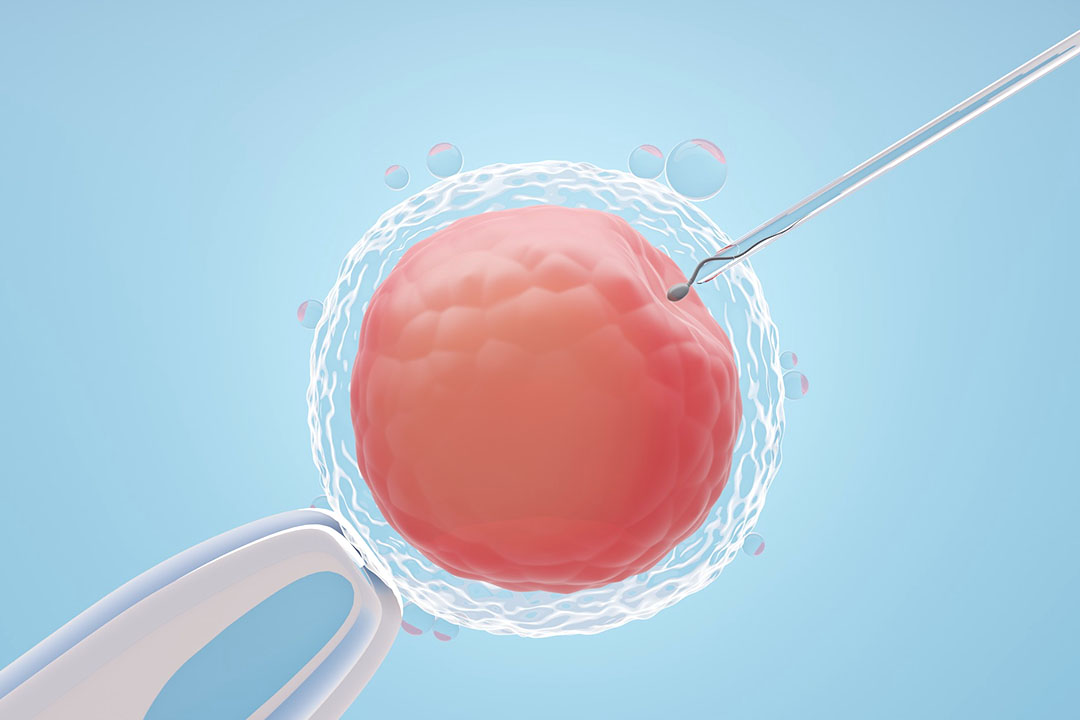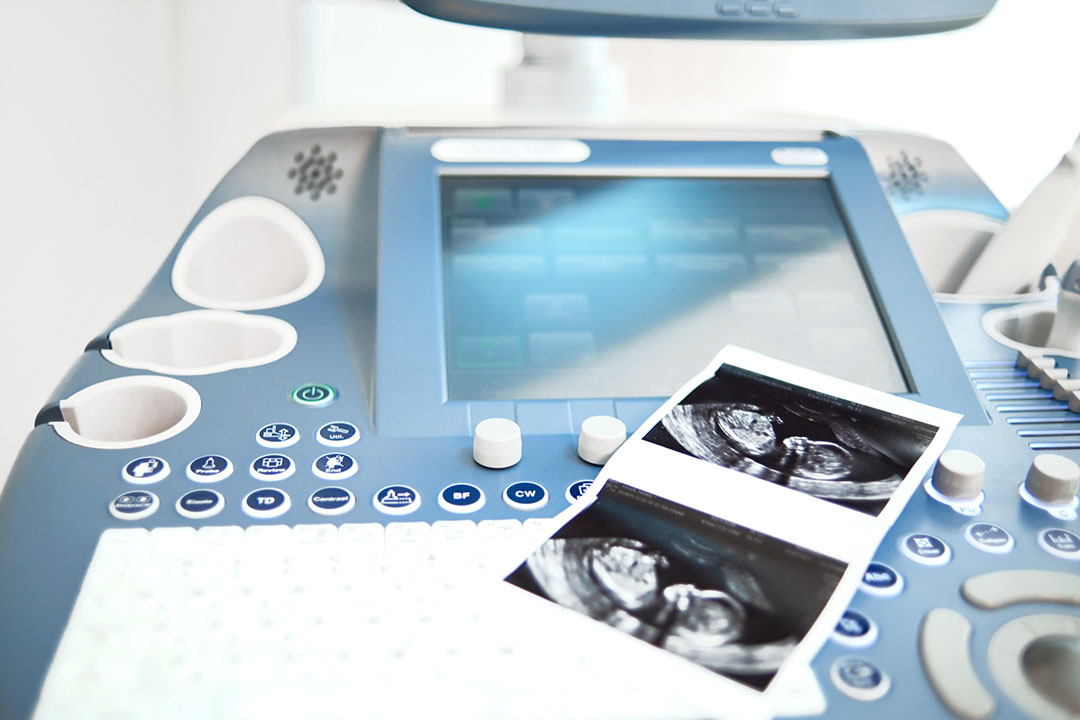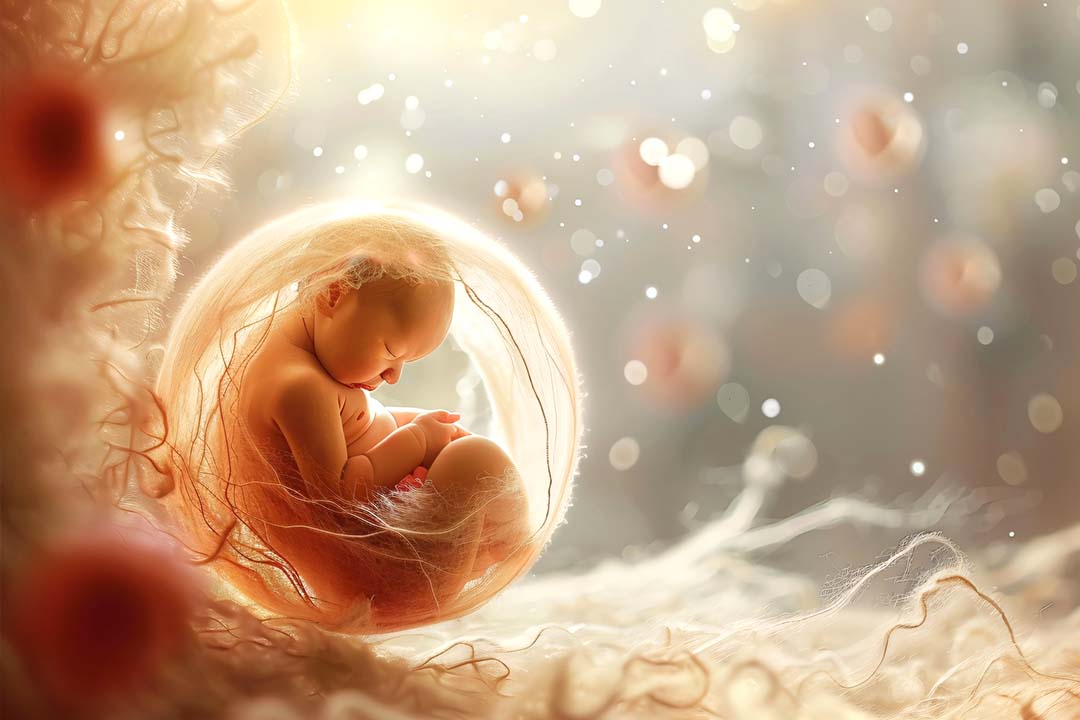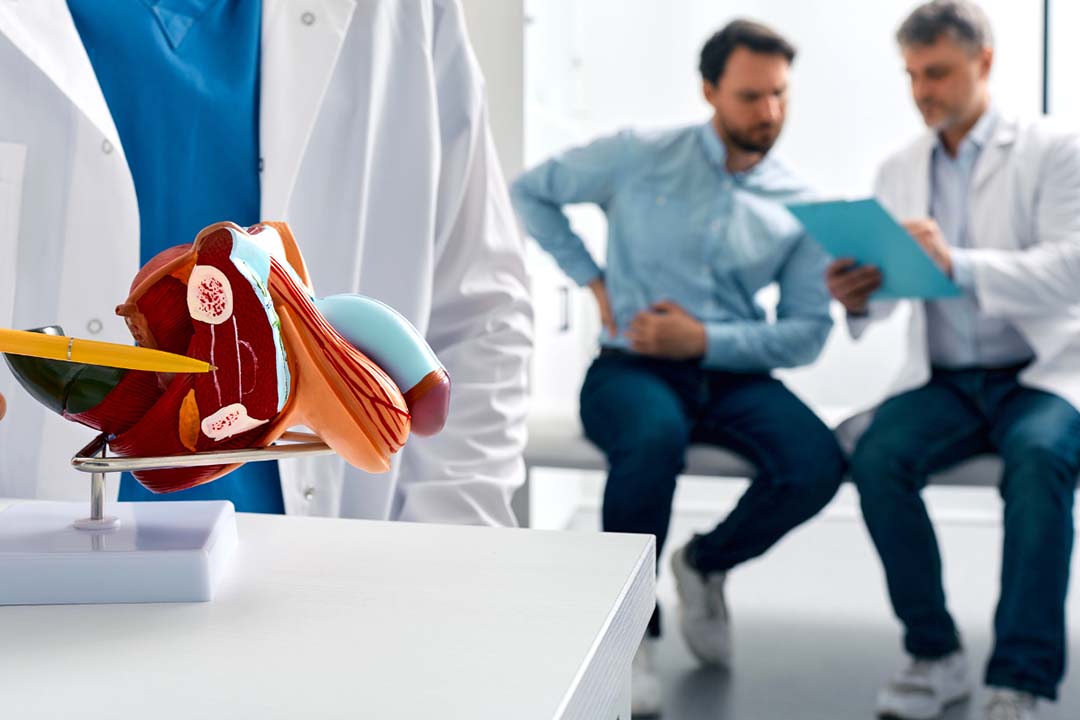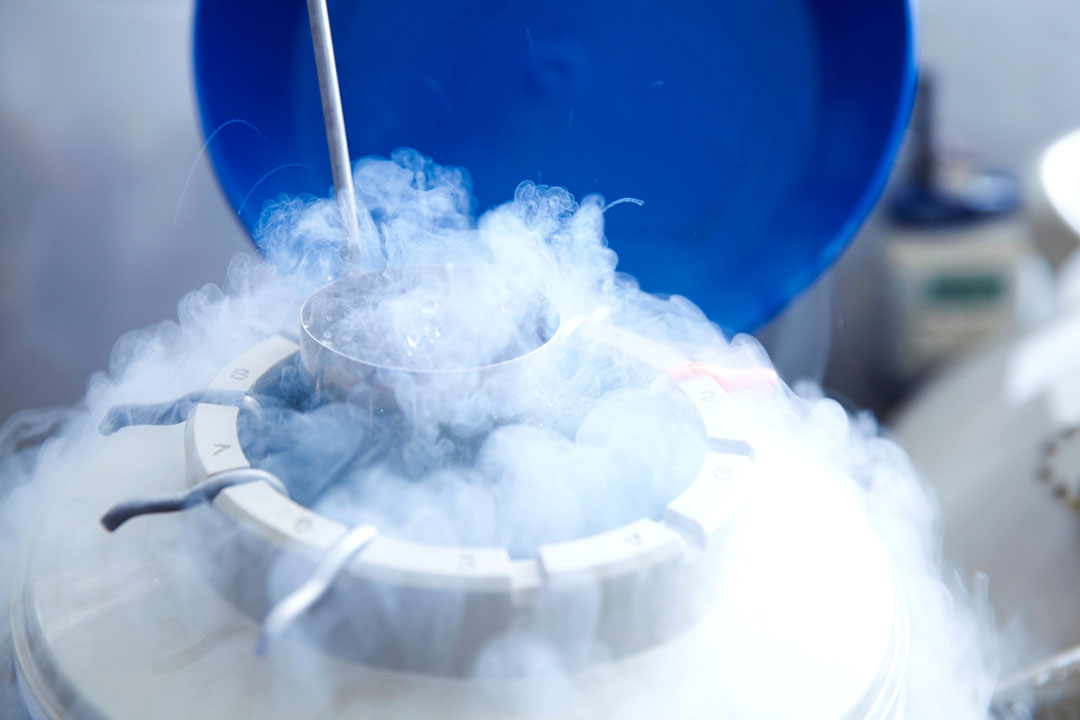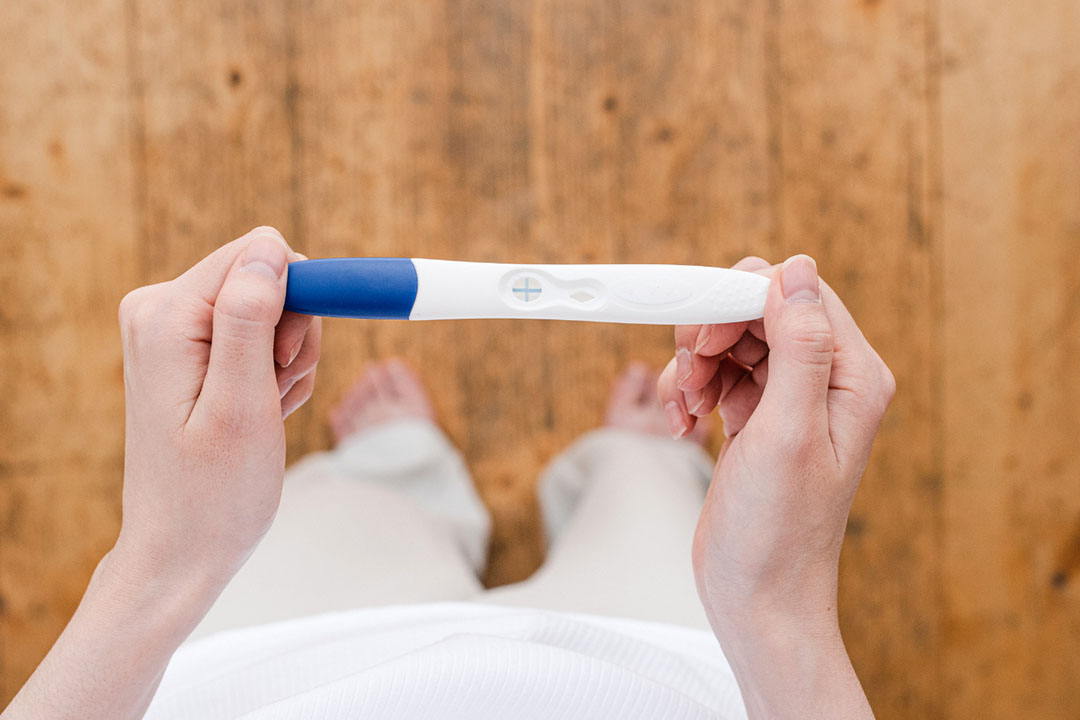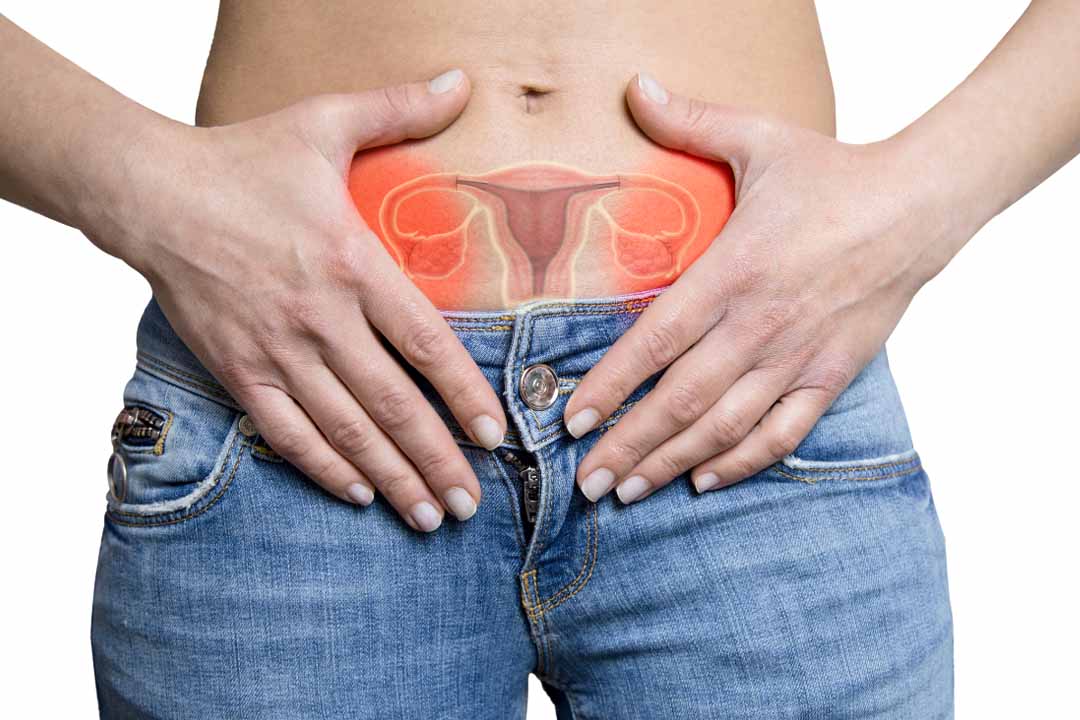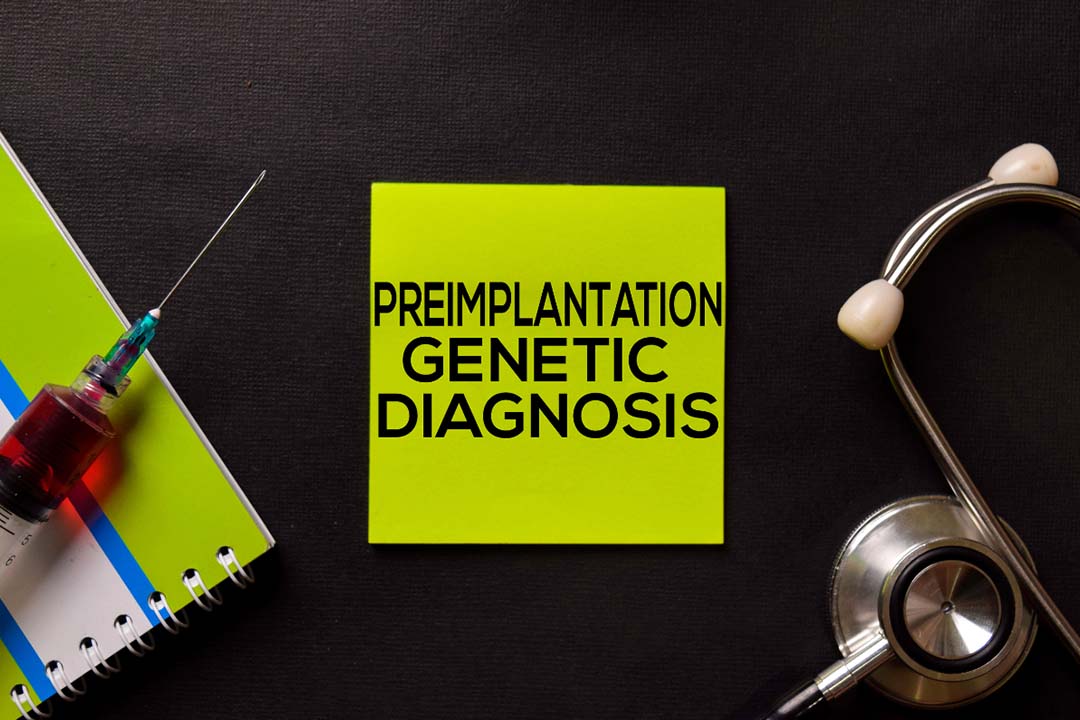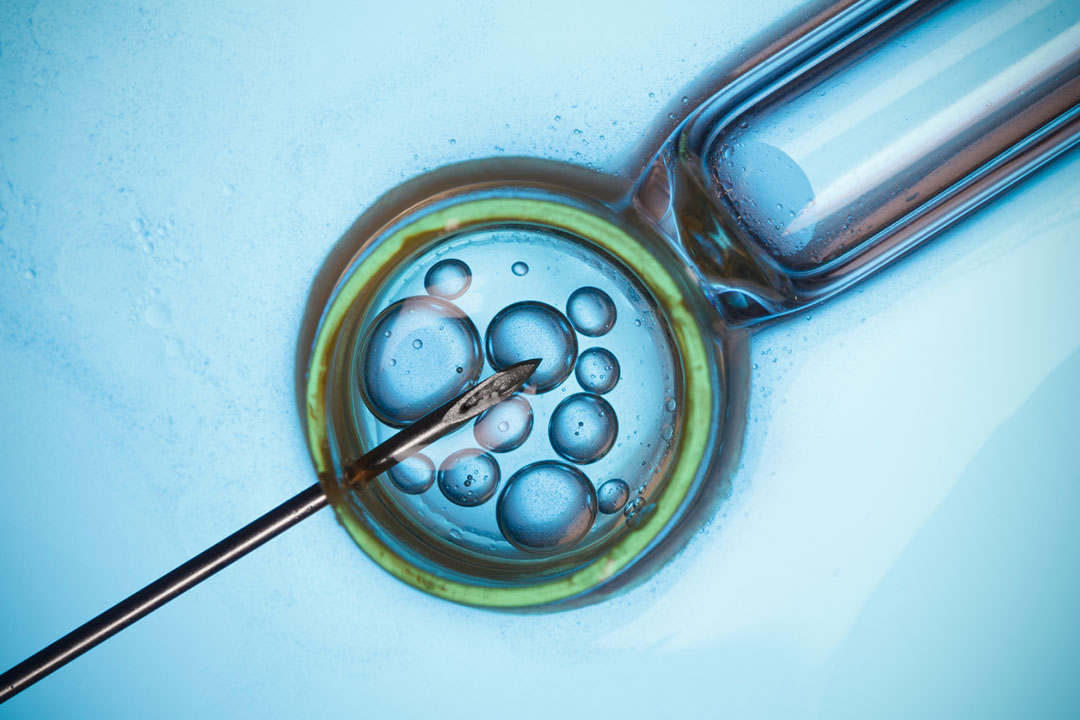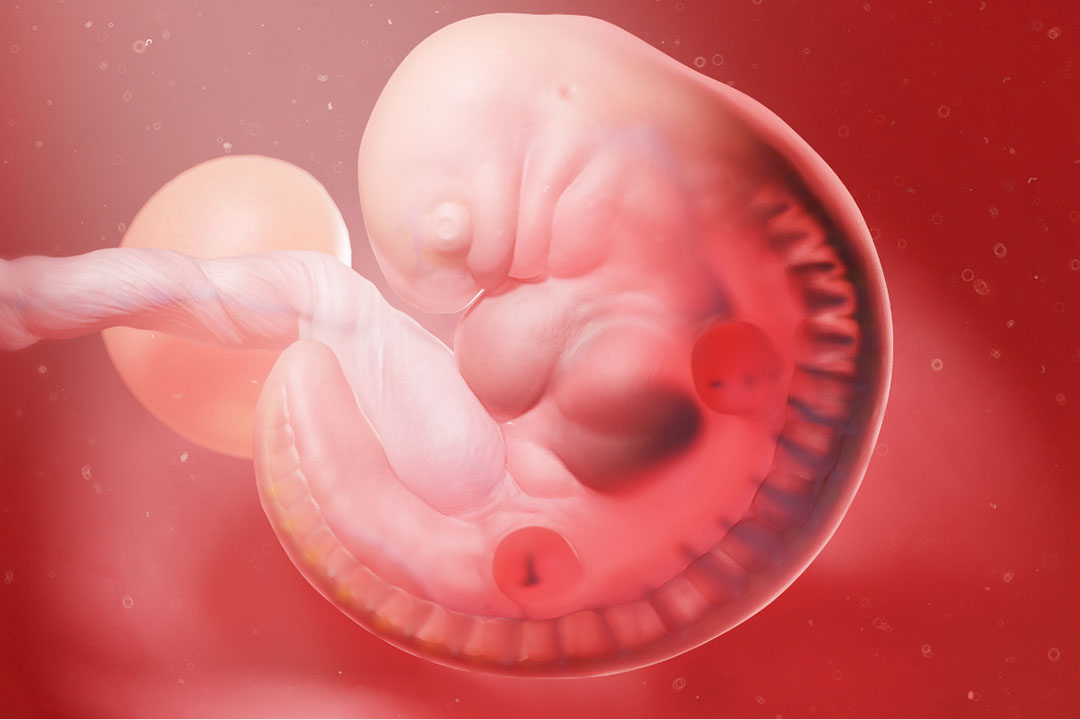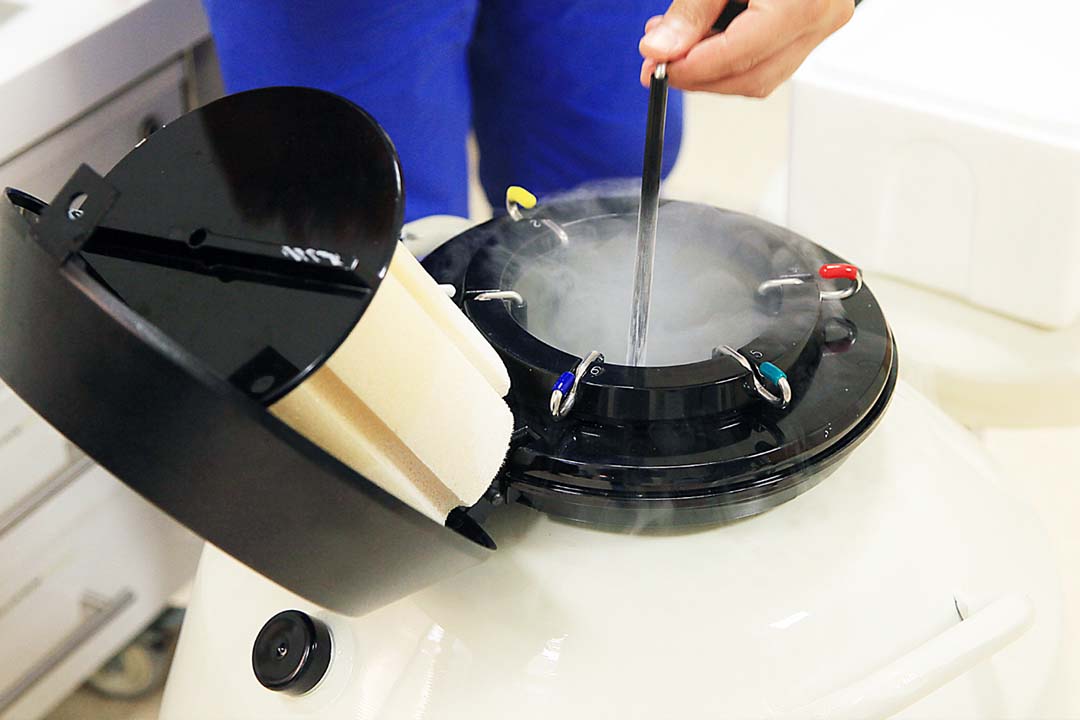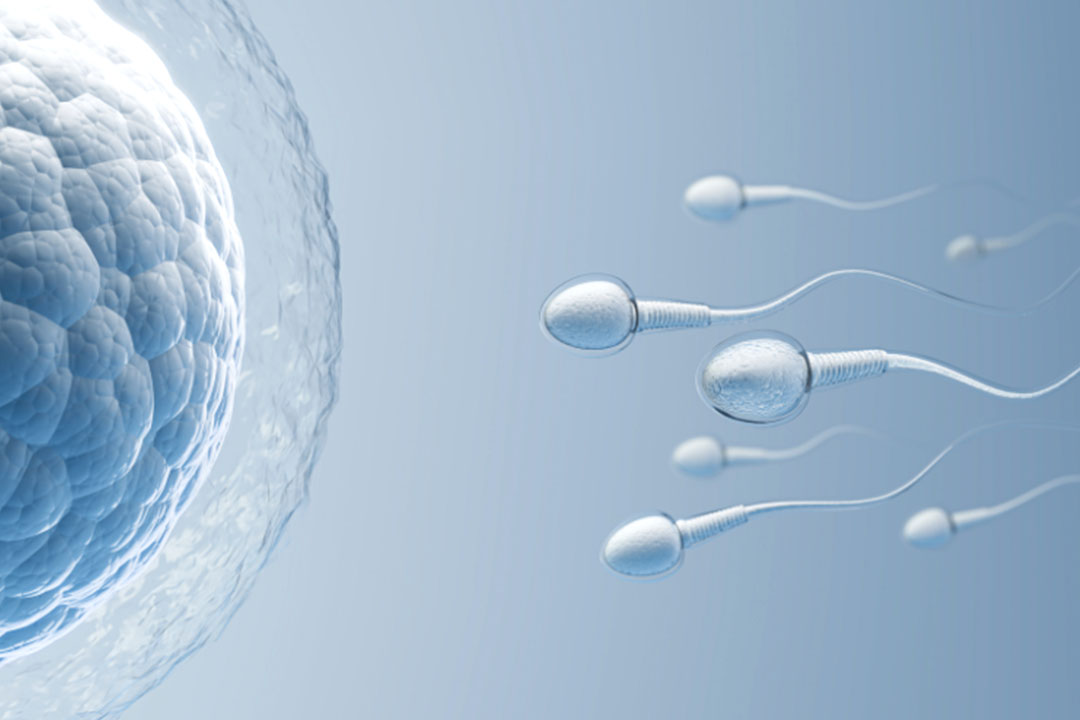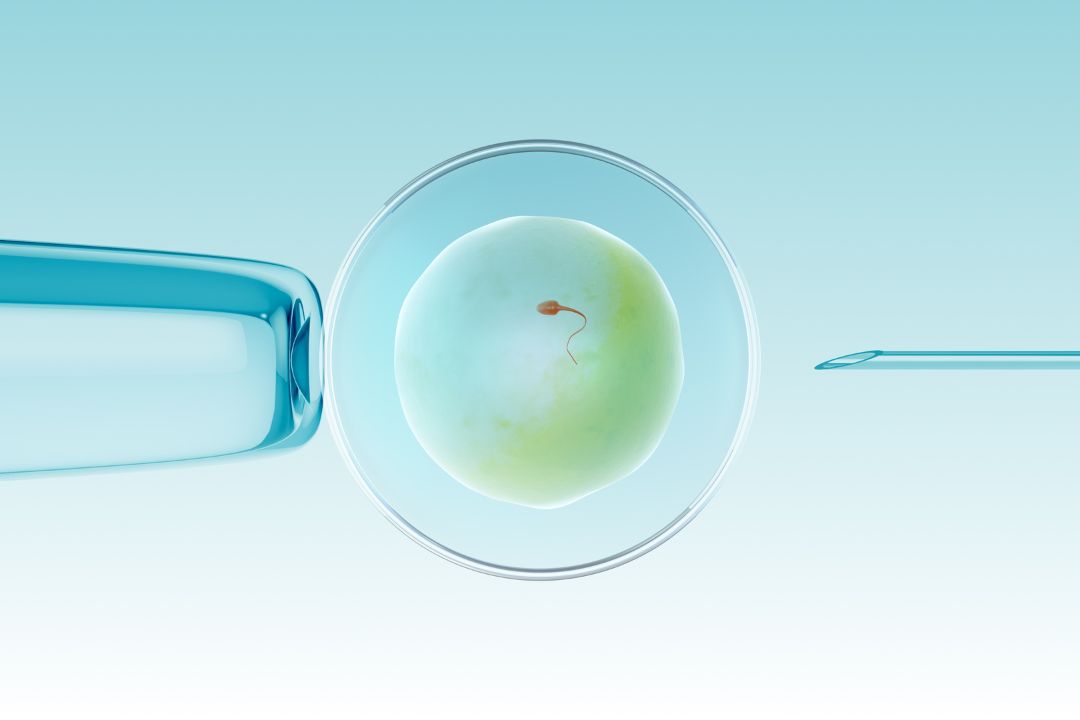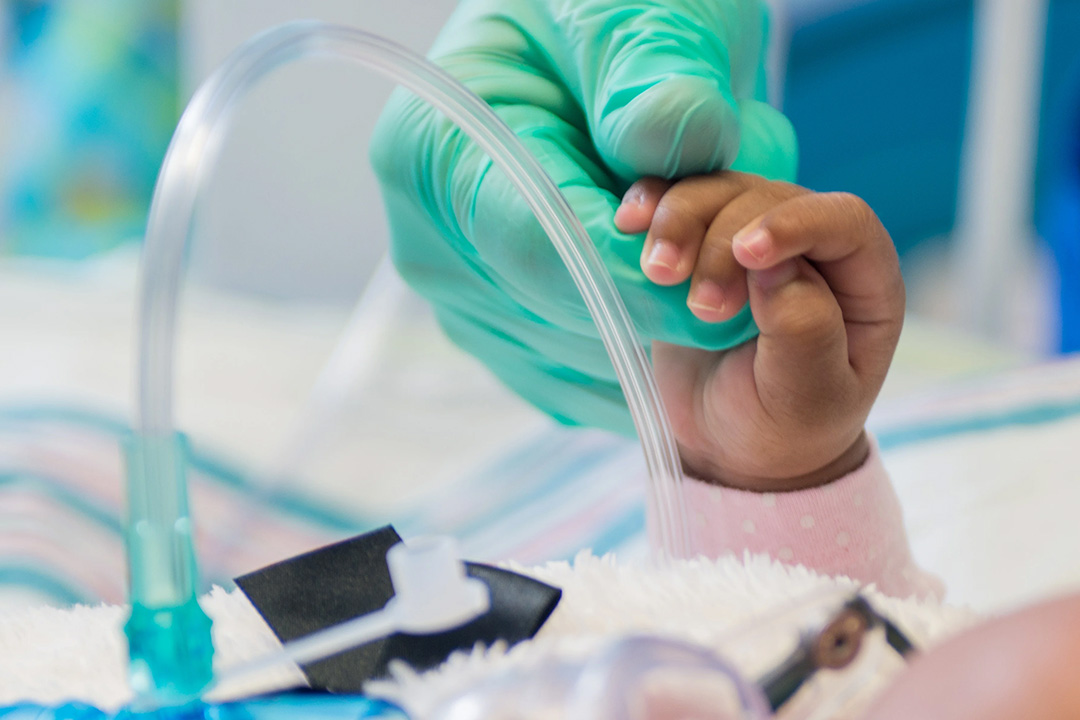Understanding Implantation: Process, Symptoms, Causes of Failure, and Coping Strategies
Implantation is an important step in the early stages of pregnancy. This is where the fertilised egg gets embedded into the uterine lining thereby allowing for the growth of the embryo. This article speaks about the implantation process, common symptoms, causes of failure, and ways to manage unsuccessful implantation.
What is IVF?
IVF-In Vitro Fertilization as the name suggests, is a process wherein mature eggs are collected and are fertilized by sperms in a lab (in-vitro).
As a part of the process, the surgeon collects the mature eggs from the woman and then fuses them with the sperms from the donor. Post fertilization, the embryo is placed by the surgeon inside the uterus.
What are the Success Rates of an IVF Procedure on First Try?
There is no fixed success rate when it comes to IVF on the first try as it depends on multiple factors including age.
As per the data, women who are under the age of 35 have a higher success rate of around 55.1% live birth compared to women who are above 40 years with a success rate of around 8.2%. It is always advised to get an IVF treatment at an early age to increase the chances of conceiving.
What are the Reasons for an IVF Failure?
IVF failures is not very uncommon. There are various factors which can lead to an IVF failure which include
Female
- Age: Age is one of the common factors that leads to an IVF failure. As a woman ages, the quantity and quality of the egg goes down. There are a smaller number of healthy eggs left for the retrieval process and this effects the embryo quality.
- Ovarian response: In certain conditions, the ovary of a woman does not respond to the fertility drugs in an expected way. When this occurs, there is a reduction in number of eggs for retrieval purposes, reducing the chances.
- Egg quality: The quality of the egg if not good such as having abnormal number of chromosomes, then even if egg is in high number, there is a good chance of failure.
- Embryo quality: Even if the sperms, eggs are in good quality and fertilisation occurs, not all embryos stay live or viable. The embryos may not develop properly or have abnormalities. This can prevent implantation and lead to a failure.
- Endometriosis: The implantation needs to be in sync with the uterine linings. If the uterine lining is not proper implantation would fail.
- Uterine issues: Women who have conditions such as fibroids or polyps in their uterus will face issues with the implantations.
- Polycystic Ovarian Syndrome (PCOS): PCOS is a common condition found in most of the women. When a woman has PCOS, there is hormonal imbalances and irregular ovulations which lead to improper implantations of the embryo.
- Medications: When the medications are given in incorrect dosages or if the woman does not respond to the drugs in an expected manner, there can be suboptimal or weak ovulation.
- Failure in fertilization: Although the sperm and egg don’t have an issue, in some cases from traditional IVF, fertilization won’t occur.
- Immunological reasons: Embryo is treated as a foreign body by a woman +’s body when implanted which may lead for the endometrium to reject it.
- Genetics: Some genetic conditions can lead to implantation failure or early miscarriages.
- Lifestyle: Not having a healthy lifestyle such as smoking, alcohol consumptions, obesity will lead to hormonal imbalance and poor egg quality which will eventually lead to a failed IVF procedure.
- Stress: Facing emotional and mental issues such as stress or anxiety lead to hormonal imbalance thereby making it difficult for the procedure to be successful.
Male Factors
- Sperm quality: If the sperms proceed by the male are of not good quality such as having abnormal morphology or motility it will affect the success rate.
- Sperm count: Having a low sperm count can also affect the fertilization process.
- Lifestyle: A man who consumes excessive alcohol and smokes, will have an affect on his testosterone levels which will affect the quality and number of sperms.
What are the Symptoms of a Failed IVF Procedure?
If the IVF procedure fails, there are some symptoms which are seen including,
- Pregnancy test: One of the sure symptoms for an IVF failure is a negative pregnancy test.
- Menstruation: If there is no implantation, then the uterine lining will shed leading for the woman to have periods.
- Spotting: If the embryo has not been implanted properly, it will lead to spotting or light bleeding.
- No pregnancy symptoms: Pregnancy symptoms such as nausea, fatigues, breast tenderness are not seen if the IVF fails.
- Lower back pain: In some women, there is lower back pain which can be similar to period cramps.
Although these symptoms can be an indicative of a failed IVF it is always advised to see the doctor and get tests done to confirm if the IVF is successful or not.
How to Cope with a Failed IVF Procedure?
Having a failed IVF can be heartbreaking and sad. It is important to deal with the news. Here are some ways to deal with a failed IVF,
- Time: It is very important to give time for the body and mind to overcome the failed procedure. It is advised to wait for atleast 6 weeks before trying to conceive naturally or the next IVF cycle.
- Consultations: If there are multiple rounds of failed IVF, it is recommended to see a fertility speciality to rule out underlying medical conditions or to find the cause of fertility.
- Counselling: There are many fertility-counselling that educate the couple on ways to manage the emotions of a failed IVF.
- Support groups: Joining a support group which might include other couples with failed IVF may help cope the failure.
- Other options: There are multiple other options such as surrogacy, adoptions which can help a couple have a baby. If there are multiple rounds of failed IVF, people can look into these.
What are the Possible Options after IVF Failures?
Having a failed IVF can be very dejecting and difficult. But there are always ways through which the situation can be tuned around. Some of the ways are given below,
- Second Opinion: It is always a good thing to have a second opinion. A new specialist can offer fresh insights and strategies.
- Advanced Reproductive Technologies: Options like ICSI, assisted hatching, and embryo donation can be good alternatives after a failed IVF.
- Egg Freezing: A person can opt for preserving the eggs for future use.
- Genetic Testing: People can get genetic tests that Identifies chromosomal abnormalities or hereditary factors which might be affecting fertility.
- Donor Eggs or Sperm: If the couple’s own gametes is not live or viable, they can get donors which will increases chances of conception.
- Lifestyle Changes: Changing one’s diet, exercising and managing stress will help in balancing the hormones thereby increasing the chances of success.
Why Choose Aksigen for the Best IVF Treatment?
At Aksigen IVF, both the physical and emotional well-being is taken care of and the IVF process is made more comfortable and less stressful.
The journey to parenthood is personal, and should be supported at every step of the way is believed by Aksigen IVF.
Gentle, minimally invasive IVF techniques that focus on both physical and emotional well-being is the clinic's speciality. The team offers personalised care using the newest advancements in fertility science.They comprise a team of leading gynaecologists and fertility experts.
Individualised treatment plans are designed based on the latest research. The pricing is honest here with no hidden cost.
The ultimate goal of Aksigen IVF is to ensure that the entire journey towards parenthood is smooth and comfortable for it’s patients.
References

About Us
AKsigen IVF is a premier center for advanced fertility treatments, with renowned fertility experts on our team. Specializing in IVF, ICSI, egg freezing, and other cutting-edge reproductive technologies, AKsigen IVF is committed to helping couples achieve their dream of parenthood. With personalized care and a patient-first approach, AKsigen IVF provides comprehensive fertility solutions under one roof.

































